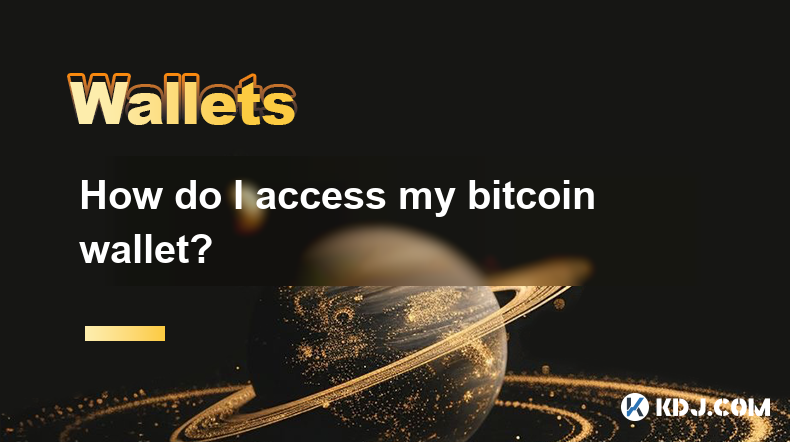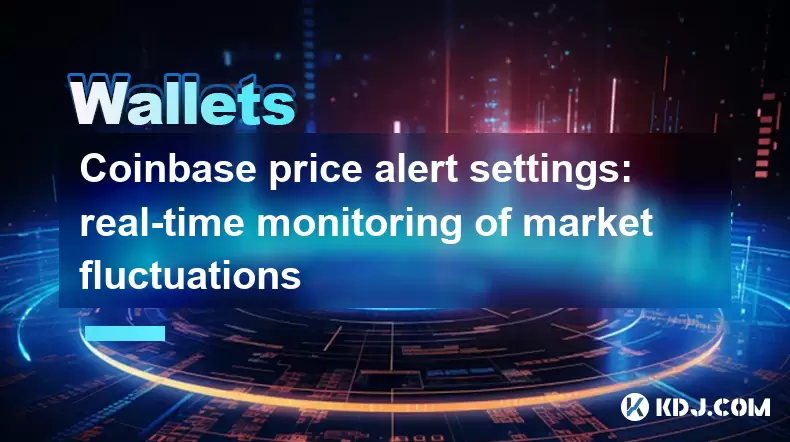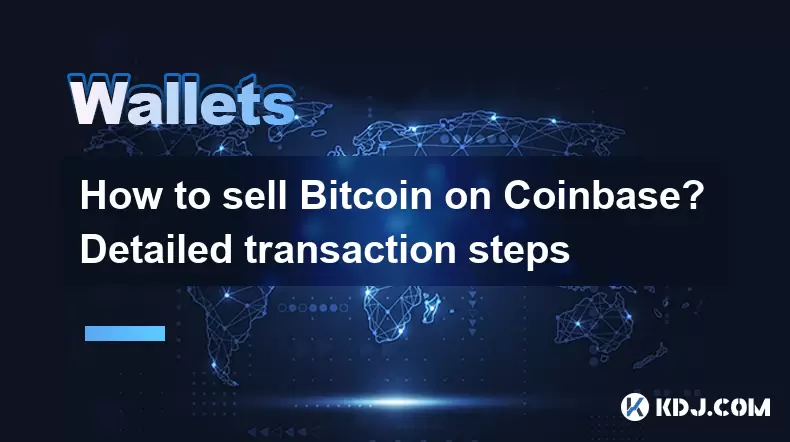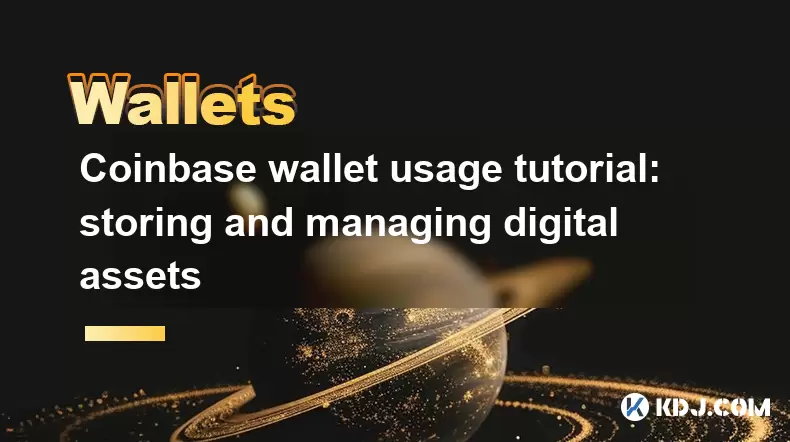-
 Bitcoin
Bitcoin $107,341.7259
0.15% -
 Ethereum
Ethereum $2,438.6204
0.70% -
 Tether USDt
Tether USDt $1.0003
-0.02% -
 XRP
XRP $2.1866
1.94% -
 BNB
BNB $649.0952
0.36% -
 Solana
Solana $150.9602
5.63% -
 USDC
USDC $0.9999
0.00% -
 TRON
TRON $0.2742
0.40% -
 Dogecoin
Dogecoin $0.1645
1.93% -
 Cardano
Cardano $0.5669
1.18% -
 Hyperliquid
Hyperliquid $37.8286
4.19% -
 Bitcoin Cash
Bitcoin Cash $491.4669
-2.74% -
 Sui
Sui $2.8150
3.06% -
 Chainlink
Chainlink $13.4184
2.91% -
 UNUS SED LEO
UNUS SED LEO $9.0809
0.27% -
 Avalanche
Avalanche $18.0295
2.60% -
 Stellar
Stellar $0.2396
1.19% -
 Toncoin
Toncoin $2.8587
0.13% -
 Shiba Inu
Shiba Inu $0.0...01160
2.59% -
 Litecoin
Litecoin $86.4192
1.45% -
 Hedera
Hedera $0.1486
1.19% -
 Monero
Monero $308.4324
0.87% -
 Polkadot
Polkadot $3.4202
1.43% -
 Bitget Token
Bitget Token $4.6436
-0.34% -
 Dai
Dai $0.9998
-0.02% -
 Ethena USDe
Ethena USDe $1.0002
0.00% -
 Uniswap
Uniswap $7.1527
3.29% -
 Pi
Pi $0.5357
-8.45% -
 Pepe
Pepe $0.0...09588
4.61% -
 Aave
Aave $259.9759
0.81%
How do I access my Bitcoin wallet?
Accessing your Bitcoin wallet varies by type: software, hardware, web, paper, or custodial. Each has unique security measures and access methods. Prioritize wallet security.
Apr 01, 2025 at 04:42 am

Understanding Bitcoin Wallet Access
Accessing your Bitcoin wallet depends entirely on the type of wallet you're using. There's no single answer, as different wallets offer different access methods. Understanding the type of wallet you possess is the crucial first step. This guide will explore the common types and their respective access procedures. Remember, security is paramount; always prioritize protecting your seed phrase or private keys.
Accessing Different Types of Bitcoin Wallets
Software Wallets: These wallets are applications installed on your computer or mobile device. Access typically involves launching the application and entering your password or PIN. Some software wallets may use biometric authentication like fingerprint scanning. Always download wallets from official sources to avoid malware.
Hardware Wallets: These are physical devices that store your private keys offline. Access involves connecting the device to your computer and using the device's interface. These offer superior security compared to software wallets due to their offline nature. Never share your hardware wallet's seed phrase or PIN.
Web Wallets: These wallets are accessed through a website or online platform. You'll need to navigate to the website and log in using your credentials (username and password). Web wallets are convenient but carry higher security risks compared to hardware or software wallets due to their online nature. Choose reputable providers carefully.
Paper Wallets: These are printed documents containing your public and private keys. Accessing your Bitcoin involves carefully copying your private key into a compatible software or hardware wallet. Handle paper wallets with extreme care, as physical damage or loss renders them inaccessible.
Custodial Wallets: These are wallets managed by a third-party service provider. Access is typically through the provider's website or app, requiring login credentials. While convenient, custodial wallets mean you don't directly control your private keys. Understand the terms of service and security practices of any custodial provider before using their services.
Detailed Access Procedures for Common Wallet Types
Let's delve deeper into the access procedures for some popular wallet types:
1. Electrum (Software Wallet):
- Open the Electrum application on your computer.
- Enter your wallet password.
- If you have a hardware wallet connected, follow the prompts on your hardware wallet to confirm the transaction. Your wallet should now be accessible, displaying your Bitcoin balance and transaction history.
2. Ledger Nano S (Hardware Wallet):
- Connect your Ledger Nano S to your computer using a USB cable.
- Launch the Ledger Live application.
- Unlock your Ledger Nano S using its PIN.
- Navigate through the Ledger Live interface to access your Bitcoin wallet and view your balance and transaction history.
3. Coinbase (Web Wallet):
- Go to the Coinbase website.
- Enter your Coinbase username and password.
- Two-factor authentication (2FA) may be required. Follow the prompts to verify your identity. Once logged in, you can access your Bitcoin wallet and manage your funds.
4. Mycelium (Mobile Wallet):
- Open the Mycelium app on your mobile device.
- Enter your wallet password or use biometric authentication (if enabled).
- Your Bitcoin wallet will be accessible, showing your balance and transaction history.
5. Paper Wallet:
- Carefully retrieve your paper wallet.
- Do not photograph or scan it. This could compromise your security.
- Using a reliable Bitcoin software wallet, input the private key from your paper wallet. Double-check the key before proceeding. Your funds should now be accessible.
Remember to always verify the legitimacy of any website or application before entering your sensitive information.
Troubleshooting Common Access Issues
Forgotten Password/PIN: Most wallets offer password recovery options, often involving your seed phrase or recovery questions. However, the process can be complex, and you might need to create a new wallet. Always back up your seed phrase securely.
Hardware Wallet Malfunction: If your hardware wallet is not functioning correctly, contact the manufacturer's support for assistance. They may be able to help troubleshoot the issue or provide a replacement.
Website Issues: If you're having trouble accessing your web wallet, check the website's status page for any reported outages or maintenance. Also, ensure you're using the correct login credentials.
Software Updates: Ensure your software wallet is updated to the latest version. Outdated software can lead to compatibility issues or security vulnerabilities.
Incorrect Private Key: Double-check that you've entered the private key correctly. Even a single incorrect character can render the key unusable.
Frequently Asked Questions
Q: What is a seed phrase, and why is it important?
A: A seed phrase is a list of words that acts as a master key to your Bitcoin wallet. It allows you to recover your wallet if you lose access to it. Keep your seed phrase safe and secure; never share it with anyone.
Q: How can I improve the security of my Bitcoin wallet?
A: Use strong, unique passwords, enable two-factor authentication (2FA) where available, store your seed phrase offline in a secure location, and regularly update your wallet software. Consider using a hardware wallet for enhanced security.
Q: What should I do if I suspect my wallet has been compromised?
A: Immediately change your passwords, contact your wallet provider (if applicable), and monitor your transactions for any unauthorized activity. You may need to report the incident to the appropriate authorities.
Q: Are there any fees associated with accessing my Bitcoin wallet?
A: Accessing your Bitcoin wallet itself is generally free. However, there may be transaction fees associated with sending or receiving Bitcoin. These fees are paid to the Bitcoin network for processing transactions. The amount of the fee varies depending on network congestion.
Q: Can I access my Bitcoin wallet from multiple devices?
A: This depends on the type of wallet. Software wallets are usually tied to a specific device. Web wallets can often be accessed from multiple devices, but security considerations should always be prioritized. Hardware wallets typically require physical access to the device.
Disclaimer:info@kdj.com
The information provided is not trading advice. kdj.com does not assume any responsibility for any investments made based on the information provided in this article. Cryptocurrencies are highly volatile and it is highly recommended that you invest with caution after thorough research!
If you believe that the content used on this website infringes your copyright, please contact us immediately (info@kdj.com) and we will delete it promptly.
- AI Token Taking Over: Why Smart Investors are Eyeing Audited Crypto Ruvi AI
- 2025-06-29 04:30:12
- Ethereum, AI Tokens, and Growth: Is Ruvi AI the Next Big Thing?
- 2025-06-29 04:30:12
- Hedera Price: Decoding Technical Signals and Upside Potential
- 2025-06-29 04:50:13
- Altcoin Rally on the Horizon? Decoding the Potential Boom
- 2025-06-29 04:35:12
- On-Chain Data Deep Dive: Altcoin Growth & Transaction Volume Insights
- 2025-06-29 05:30:13
- Cryptos, Real Growth, 2025: Navigating the Landscape
- 2025-06-29 05:30:13
Related knowledge

Coinbase price alert settings: real-time monitoring of market fluctuations
Jun 29,2025 at 07:00am
Setting Up Coinbase Price AlertsTo begin real-time monitoring of market fluctuations on Coinbase, users can utilize the built-in price alert feature. This function allows you to receive notifications when a cryptocurrency reaches a specific price point. To access this setting, open the Coinbase app or log in via the web platform. Navigate to the 'Prices...

How to stake cryptocurrencies on Coinbase? Benefits and risks
Jun 27,2025 at 06:36pm
Understanding Cryptocurrency Staking on CoinbaseStaking cryptocurrencies involves locking up digital assets to support the operations of a blockchain network, typically in return for rewards. Coinbase, one of the most popular cryptocurrency exchanges globally, offers staking services for several proof-of-stake (PoS) coins. Users can stake their holdings...

How to contact Coinbase customer service? Support channels and response times
Jun 28,2025 at 01:29pm
Contacting Coinbase Customer Service: Support Channels and Response TimesIf you're a user of Coinbase, reaching their customer service team may become necessary for various reasons, such as account verification issues, transaction disputes, or technical difficulties. Understanding the different support channels available and what to expect in terms of r...

Coinbase advanced trading function usage tutorial: limit orders and market orders
Jun 28,2025 at 09:07pm
Understanding the Difference Between Limit Orders and Market OrdersWhen using Coinbase's advanced trading features, it is crucial to understand the fundamental difference between limit orders and market orders. A market order executes immediately at the best available price on the market. This type of order ensures that your trade goes through quickly, ...

How to sell Bitcoin on Coinbase? Detailed transaction steps
Jun 29,2025 at 04:22am
Setting Up Your Coinbase Account for TransactionsBefore you can sell Bitcoin on Coinbase, you must ensure your account is fully set up and verified. Coinbase requires identity verification to comply with regulatory standards. This process involves uploading a government-issued ID, confirming your address, and sometimes submitting a selfie holding the ID...

Coinbase wallet usage tutorial: storing and managing digital assets
Jun 29,2025 at 04:28am
Setting Up Your Coinbase WalletTo begin using the Coinbase wallet, you must first download and install the application. The Coinbase wallet is available on both iOS and Android platforms, making it accessible to a wide range of users. Once downloaded, open the app and select the option to create a new wallet. This process will prompt you to set up a sec...

Coinbase price alert settings: real-time monitoring of market fluctuations
Jun 29,2025 at 07:00am
Setting Up Coinbase Price AlertsTo begin real-time monitoring of market fluctuations on Coinbase, users can utilize the built-in price alert feature. This function allows you to receive notifications when a cryptocurrency reaches a specific price point. To access this setting, open the Coinbase app or log in via the web platform. Navigate to the 'Prices...

How to stake cryptocurrencies on Coinbase? Benefits and risks
Jun 27,2025 at 06:36pm
Understanding Cryptocurrency Staking on CoinbaseStaking cryptocurrencies involves locking up digital assets to support the operations of a blockchain network, typically in return for rewards. Coinbase, one of the most popular cryptocurrency exchanges globally, offers staking services for several proof-of-stake (PoS) coins. Users can stake their holdings...

How to contact Coinbase customer service? Support channels and response times
Jun 28,2025 at 01:29pm
Contacting Coinbase Customer Service: Support Channels and Response TimesIf you're a user of Coinbase, reaching their customer service team may become necessary for various reasons, such as account verification issues, transaction disputes, or technical difficulties. Understanding the different support channels available and what to expect in terms of r...

Coinbase advanced trading function usage tutorial: limit orders and market orders
Jun 28,2025 at 09:07pm
Understanding the Difference Between Limit Orders and Market OrdersWhen using Coinbase's advanced trading features, it is crucial to understand the fundamental difference between limit orders and market orders. A market order executes immediately at the best available price on the market. This type of order ensures that your trade goes through quickly, ...

How to sell Bitcoin on Coinbase? Detailed transaction steps
Jun 29,2025 at 04:22am
Setting Up Your Coinbase Account for TransactionsBefore you can sell Bitcoin on Coinbase, you must ensure your account is fully set up and verified. Coinbase requires identity verification to comply with regulatory standards. This process involves uploading a government-issued ID, confirming your address, and sometimes submitting a selfie holding the ID...

Coinbase wallet usage tutorial: storing and managing digital assets
Jun 29,2025 at 04:28am
Setting Up Your Coinbase WalletTo begin using the Coinbase wallet, you must first download and install the application. The Coinbase wallet is available on both iOS and Android platforms, making it accessible to a wide range of users. Once downloaded, open the app and select the option to create a new wallet. This process will prompt you to set up a sec...
See all articles

























































































